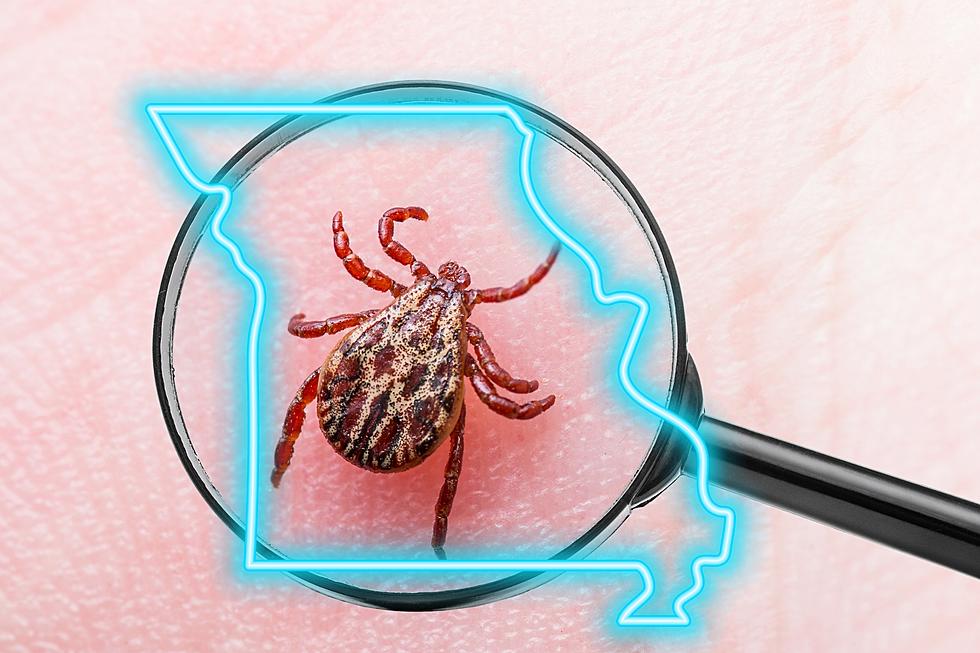
You Should Read This to Protect Your Dog This Summer
When the Coronavirus began back in February, there were some who were jokingly quick to say I hope it is over before Lyme Disease season arrives or we will be talking about Corona & Lyme at the same time. Well, unfortunately, both are still with us today. For the purpose of this article, I will concentrate on Lyme Disease only.
With summertime comes renewed concerns about Lyme Disease. Many pet owners are not aware that dogs can get Lyme Disease, too. “Lyme Disease has been diagnosed in humans in all 50 states,” according to Dr. Robert Reich of the Animal Medical Clinics of Quincy.

Fortunately, dog owners can minimize the threat by using some simple preventative measures:
• Always brush your dog after being outside; while doing this, inspect all areas of skin
• Examine your dog daily for ticks on days that the temperature is 40 degrees or warmer outside
• Remove any ticks you may find with tweezers; if in doubt about procedure, contact your veterinarian for instructions
• Have a conversation now with your veterinarian about tick-control and effective insect repellents
• Vaccinate your dog every year
“Vaccination can help prevent your dogs from being infected with Lyme disease by generating protective antibodies which can kill the bacteria that cause Lyme Disease as ticks feed and this annual vaccine is most effective when first given at an early age” explained Dr. Reich.
Common symptoms of Lyme Disease include:
• fever
• swelling of joints
• pain
• loss of appetite
• constant tiredness
• lameness in the limb that is closest to the site of tick attachment
• arthritis
To access your dog’s risk, consider the following and if you answer yes to any of them, talk with your veterinarian about a vaccination of your dog:
• Are there deer in or around your neighborhood?
• Has Lyme Disease been found in people or dogs in your area?
• Do you live in or near a wooded area or near tall brush where ticks breed?
• Do you and your dog travel to areas that have a high risk of Lyme Disease?
Once infected, typical treatment which often includes multiple veterinary visits, costs of diagnosis and treatments (antibiotics) can far outweigh the cost of vaccination. In rare instances, untreated Lyme disease can lead to more serious health complications including heart disease, neurological disease and kidney disease.
Dr. Reich can be contacted at the Animal Medical Clinics of Quincy at 222-8383.
More From 100.9 The Eagle, The Tri-States' Classic Rock Station









